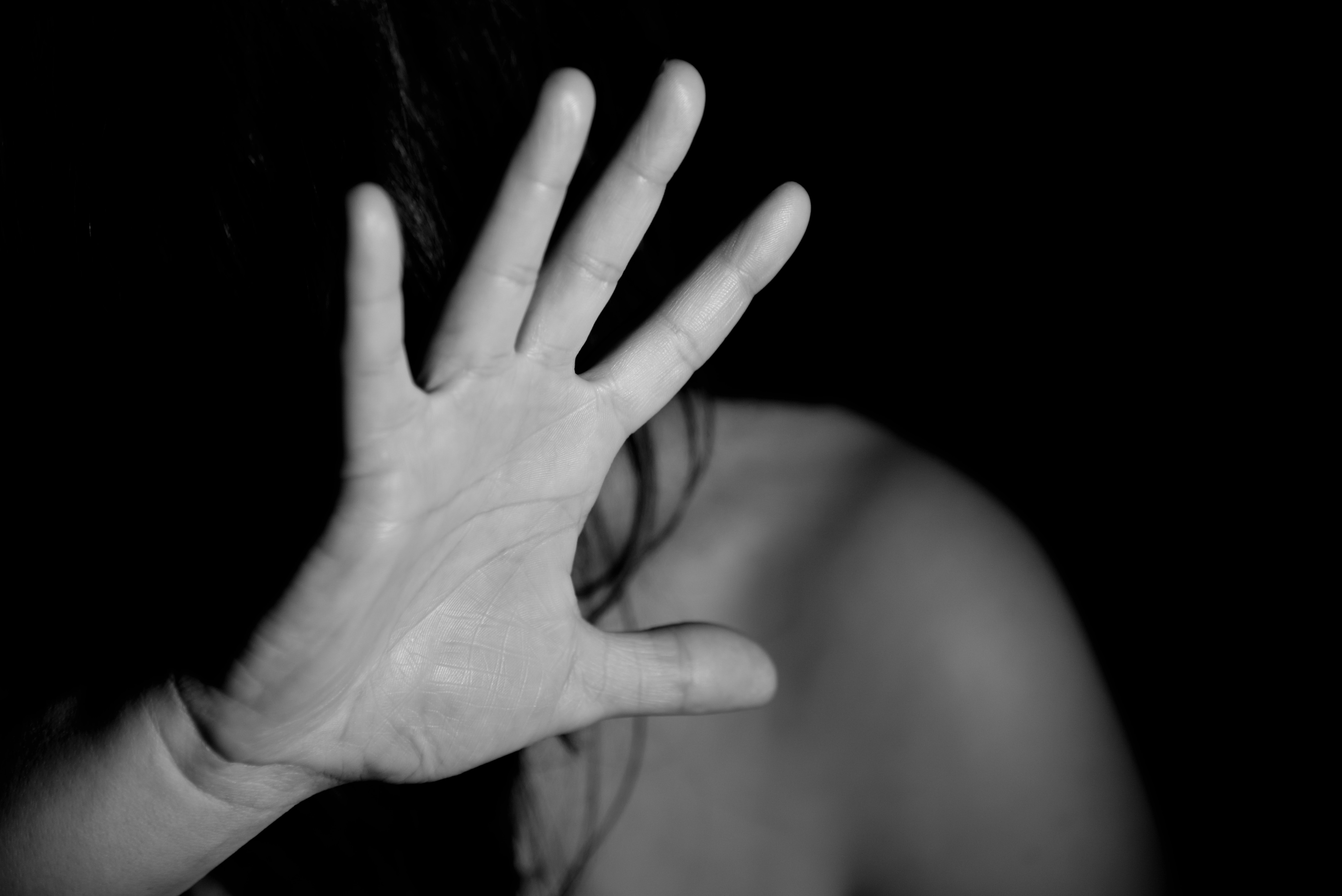Breaking the Silence: Community at a Crossroads

Domestic Violence in the Orthodox Jewish Community
Advocates say that refusing to agree to a divorce can be a form of domestic violence
Keshet Starr, the Managing Director for the Organization for the Resolution of the Agunot or ORA, helps Orthodox women trying to get out of an unhealthy marriage.
An agunot is what happens when someone is stuck in a marriage and something is holding them back from leaving the other person. Usually what's holding people back from leaving a bad marriage is when their partner refuses to issue the get, a Jewish legal document that has to be handed from the man to the woman in order for either person to end the relationship.
Starr said many men simply refuse to give women the get when they're asked to.
"In Jewish law, the husband needs to issue the get willingly and the wife needs to receive the get willingly," Starr said. "So, technically if either person is not cooperating with the process, we have a problem."
If a man doesn't issue the get to his wife than they are still married under Jewish law even if they get divorced in a civil proceeding.
Starr said get refusal is much more dangerous than simply not giving someone a piece of paper. It's a form of domestic violence.
"If you have a dynamic where one partner really wants power and control over the other, that moment when the other person says, 'I'm out of here' than the controlling party panics. It's actually a very intense and stressful moment for them. That's often a time when you'll see really escalated levels of domestic abuse. I think it's no accident that get refusal really comes in at that moment," Starr said.
She said rabbis can act as the first line of defense in a situation where domestic abuse is present, but rabbis certainly don't have all the answers.
"Nobody is going to be an expert on everything. No rabbi can know everything there is to know on domestic abuse and eating disorders and mental health issues and substance abuse problems etcetera, etcetera. But, it's important for rabbis to have a rolodex of professionals they can call upon, and to know where the pastoral help really stops and the professional help needs to come in," Starr said.
Faye Wilbur, the Deputy Director for Jewish Community Services at The Jewish Board, said from what she's seen in the Orthodox Jewish community, domestic abuse takes on a less physical form.
"We'll see more of emotional, psychological abuse, financial abuse and isolation," Wilbur said. "Isolating a woman from her family and her support system is something that can be very effective as well."
The Jewish Board provides crisis intervention, advocacy and counseling for survivors of domestic violence. Wilbur said the most important thing is for the survivors of domestic violence to have a happy and healthy life. "First and foremost, they need to be safe. Next, they need to be able to achieve some kind of inner peace and personal and professional gratification."
Wilbur said it's important for survivors of domestic violence to use their community to help them. She said even though they may feel a stigma with what they've gone through, people would be surprised with how many people around them are willing to lend a hand.

